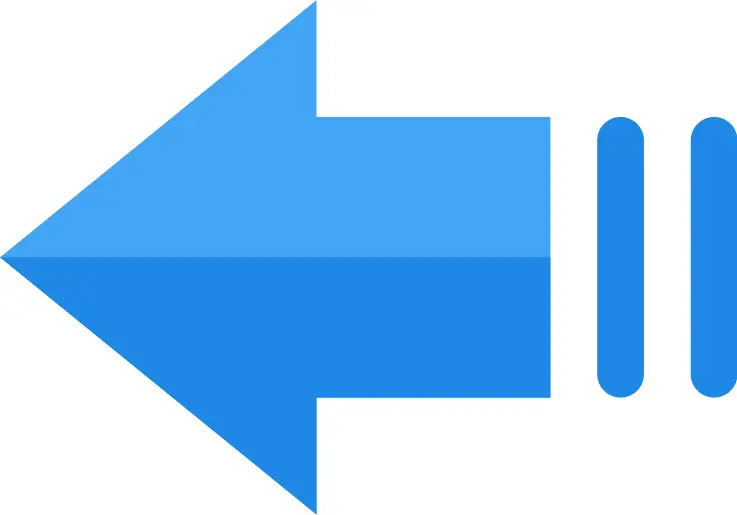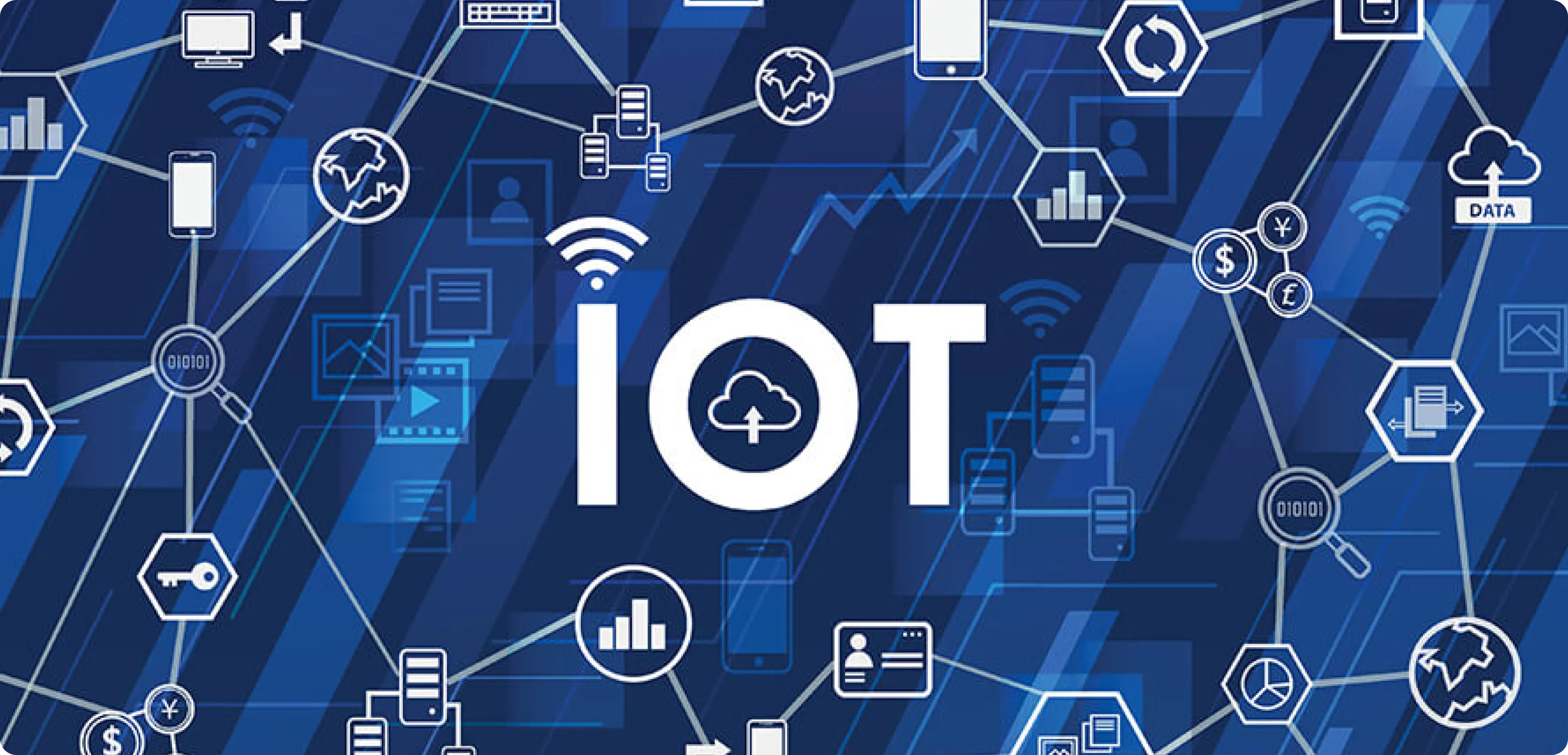The Internet of Things (IoT) refers to the growing network of
connected devices that are capable of collecting, sharing, and
analyzing data. This includes devices such as smart thermostats,
smart appliances, wearable devices, and industrial equipment, as
well as the systems and networks that enable them to communicate and
exchange data.
In 2023, it is expected that the IoT will continue to grow and
evolve, and there are a number of trends that are likely to shape
the development of the IoT in the coming years. Here are some of the
top IoT trends that are expected to emerge in 2023:
Edge computing refers to the practice of processing data at the edge
of a network, rather than in a central location. This allows devices
to process and analyze data locally, which can reduce latency and
improve the performance of IoT systems. In 2023, it is expected that
edge computing will become increasingly important as the IoT
continues to grow, as it will enable devices to make decisions and
take actions in real time.
5G is the next generation of mobile communication technology, and it
is expected to offer faster speeds, lower latency, and greater
capacity than previous generations. In 2023, it is expected that 5G
will become more widely available, which will enable the deployment
of new IoT
applications
and services that require high-speed, low-latency connectivity. In
addition to 5G, low-power wide-area networks (LPWANs) are also
expected to become more widely used in 2023, as they offer a
cost-effective way to connect IoT devices over long distances.
Artificial intelligence
(AI) and
machine learning
(ML) are technologies that allow computers to learn and adapt based
on data input. In 2023, it is expected that AI and ML will become
increasingly important in the IoT, as they will enable devices to
learn from data and make decisions on their own. This will enable
the development of new IoT
applications
and services that can adapt and improve over time, such as
predictive maintenance systems and intelligent transportation
systems.
As the IoT continue to grow, security and privacy will become
increasingly important concerns. In 2023, it is expected that there
will be a greater emphasis on securing IoT devices and systems
against threats such as hacking and data breaches. This may involve
the development of new security protocols and technologies, as well
as the implementation of regulatory frameworks to ensure the
protection of personal data.
Blockchain is a decentralized, distributed ledger technology that
allows for the secure and transparent exchange of data. In 2023, it
is expected that blockchain will become more widely used in the IoT,
as it will enable the secure exchange of data between devices and
systems. This may include the use of blockchain for supply chain
management, asset tracking, and secure identity management.
Interoperability refers to the ability of different devices and
systems to communicate and exchange data with each other. In 2023,
it is expected that there will be a greater emphasis on
interoperability in the IoT, as it will enable the development of
new
applications
and services that can leverage the data and capabilities of multiple
devices and systems. This may involve the development of new
standards and protocols to enable interoperability, as well as the
use of platforms and APIs to facilitate the integration of different
devices and systems.
In 2023, it is expected that the IoT will continue to expand into a
wide range of industries, with each industry developing its own set
of IoT
applications
and services. This may include the use of the IoT.


















